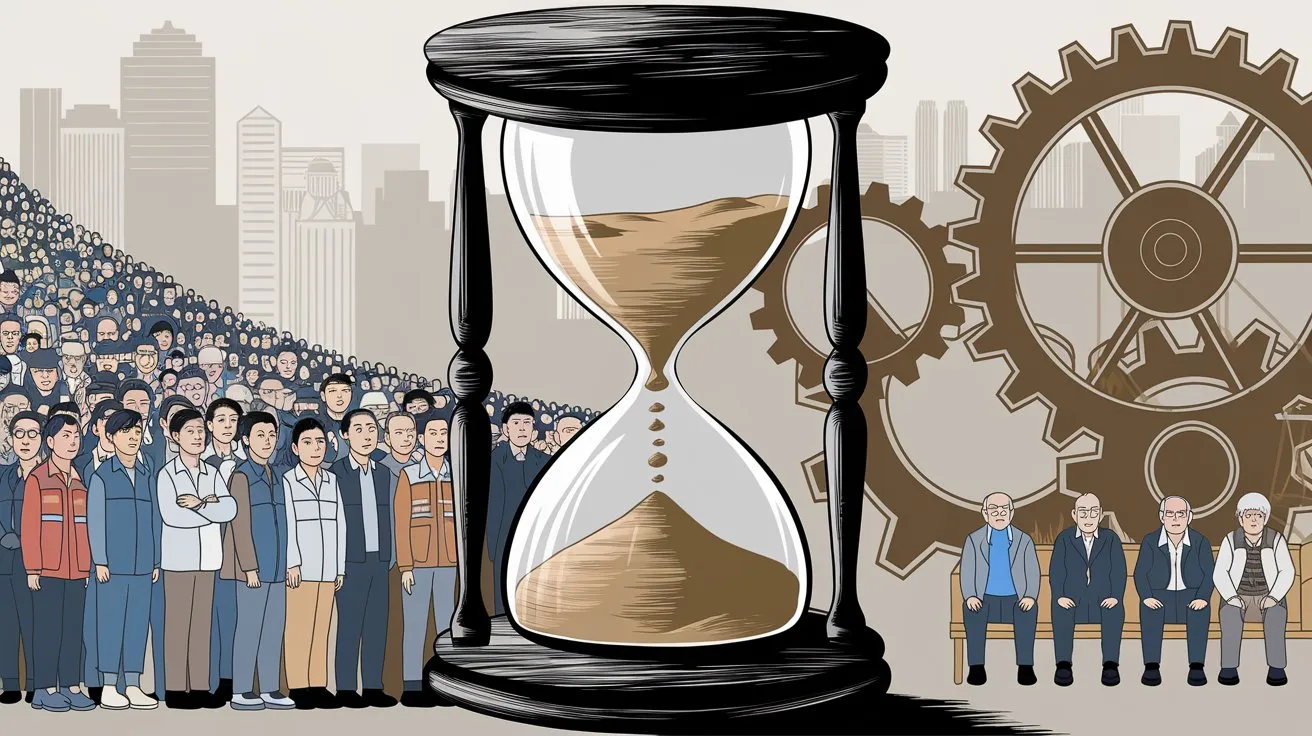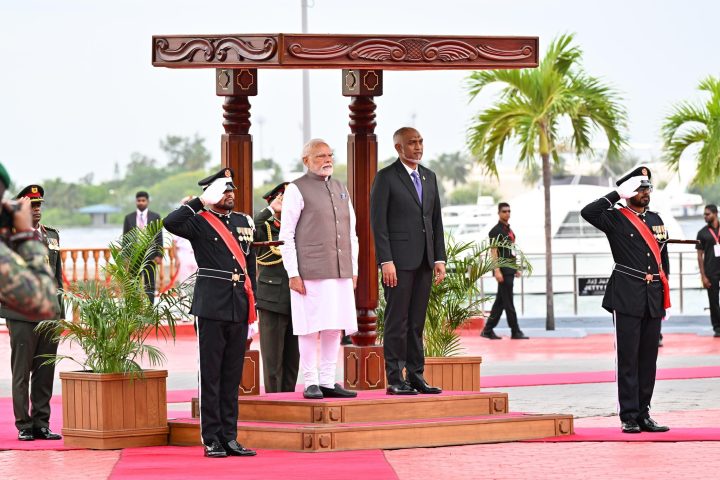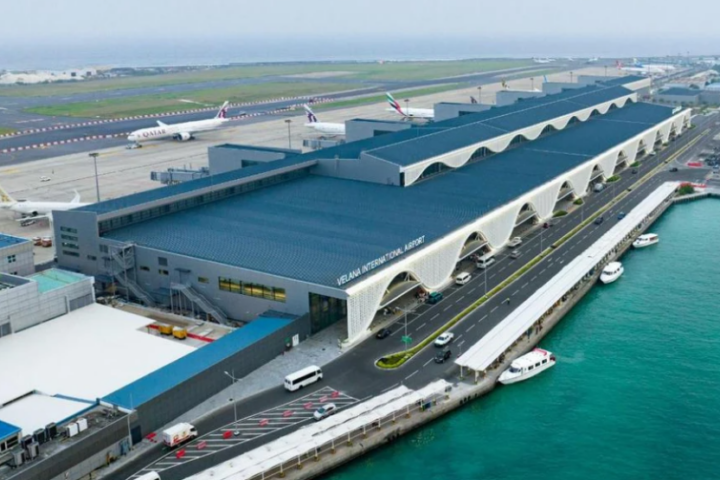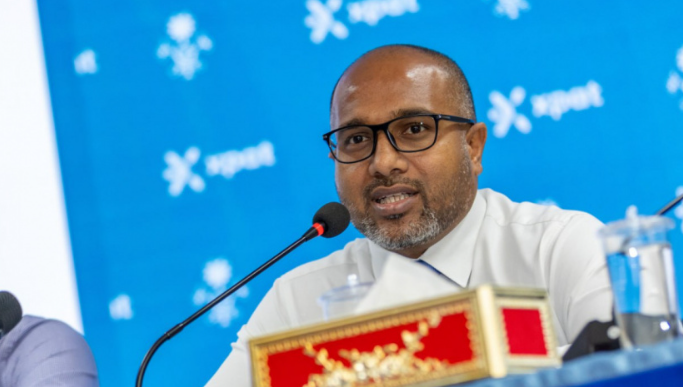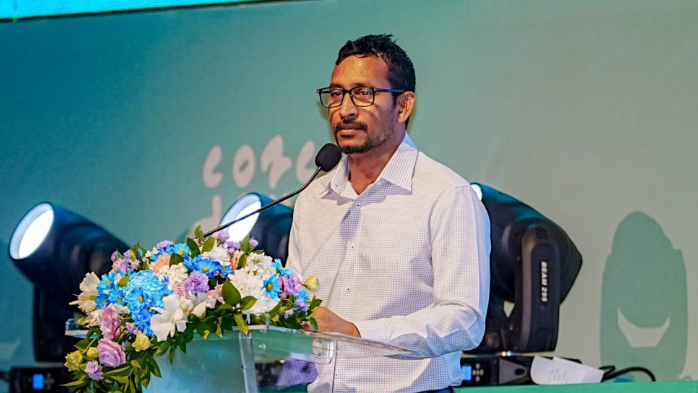As China faces the twin challenges of a shrinking workforce and an aging population, the government is making a bold move: raising the retirement age. By 2035, the number of Chinese citizens over the age of 60 is expected to reach 400 million—a little less than the entire population of South Asian countries excluding India. This growing demographic imbalance is placing immense pressure on China’s social security system, prompting officials to extend working years in an effort to ease the strain on pensions and ensure long-term economic stability.
The current retirement age in China is among the lowest in major economies. Men retire at 60, and women at 50 or 55, depending on their profession. Under the new policy, which will be phased in over the next 15 years, the retirement age for men will gradually rise to 63, while women will retire at either 55 or 58, depending on their job. This shift is seen as a necessary step in addressing China’s demographic crunch—one exacerbated by a declining birth rate and rising life expectancy.
“The pension system is facing a serious crisis,” said Xiujian Peng, a senior research fellow at Victoria University. “The current retirement ages were set when life expectancy was only around 40. Now people are living much longer, and the system needs to adapt.”
By extending the working lives of its citizens, China hopes to maintain a sufficient workforce to support its elderly population. The country’s dependency ratio—the number of people over 65 compared to those under—currently stands at 21.8%, meaning roughly five workers support each retiree. As the population ages, this ratio will worsen, putting even more pressure on the younger generation to fund pensions and healthcare services.
The new policy, approved by China’s National People’s Congress, has sparked mixed reactions. Some workers nearing retirement expressed frustration at the prospect of delayed retirement, while others acknowledge the necessity of the changes. Social media, typically a space for vocal opposition, showed limited dissent, with many comments on state media posts about the policy review being censored.
For younger generations, the policy arrives amid concerns over the country’s economic future. China’s youth unemployment rate is already high, and the economy has struggled to regain momentum post-pandemic. The declining birth rate, driven by the high costs of child-rearing, only adds to these challenges. In 2022, China’s population shrank for the first time in decades, and the trend continued in 2023, with an additional drop of 2 million people.
Experts warn that while the retirement age adjustment is necessary, it will bring short-term difficulties. Younger workers may feel the squeeze of higher taxes or lower pension payouts as the government grapples with an increasingly top-heavy population. Meanwhile, social welfare programs designed to support retirees will need to be revamped to ensure sustainability in the long run.
“China is facing a challenge that many countries, including the United States, will eventually encounter,” Peng said. “But by taking action now, they are trying to avoid an even more severe crisis in the future.”
The global implications are clear: as the world’s second-largest economy ages, China’s ability to manage these demographic shifts will play a key role in its economic trajectory—and in the stability of global markets.
While China’s government has long been known for its ability to implement sweeping reforms, how successfully it manages the fallout from this policy remains to be seen. The next few years will determine whether this shift is a necessary course correction or the start of new tensions within China’s workforce. As China grapples with its demographic challenges, the policy to raise the retirement age may also have implications for its military, which relies heavily on a younger, fit workforce to maintain readiness and strength in the face of global uncertainties.
